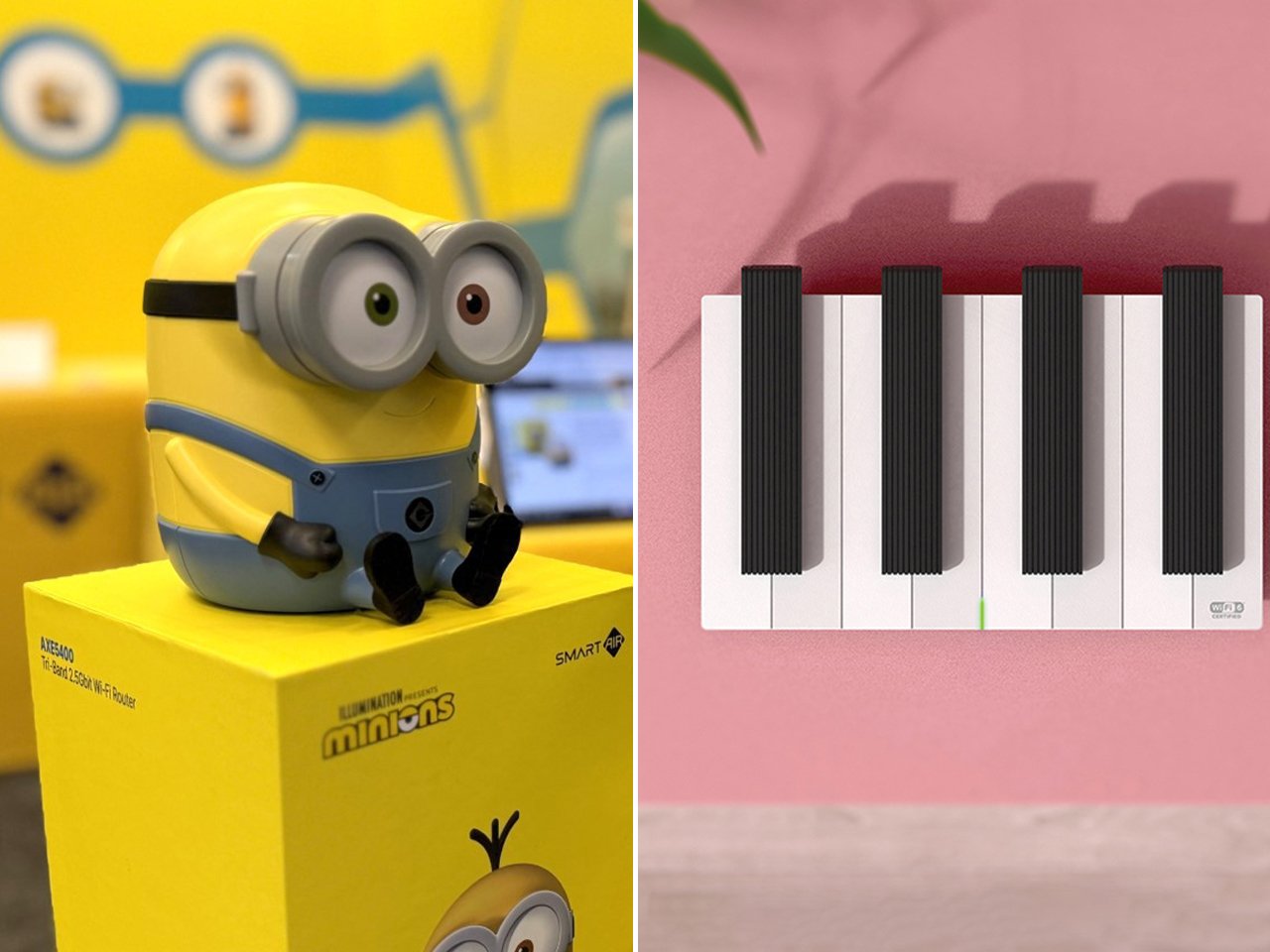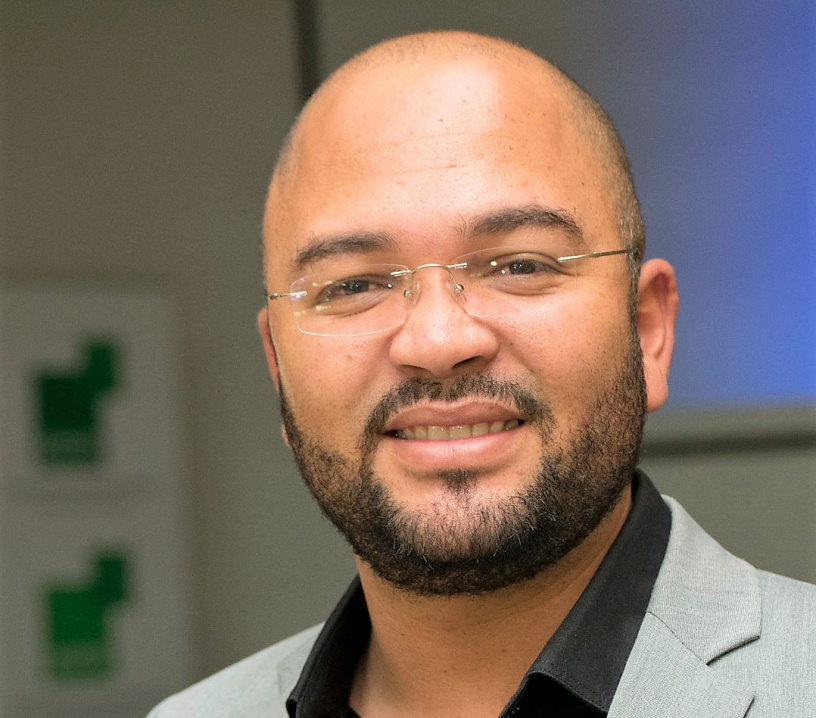- TECHSWU
- Posts
- TECHSWU
TECHSWU

Swiggy Instamart is shaking up the smartphone delivery game with a dazzling new offering: get your favorite gadgets delivered in just 10 minutes! Starting March 24, 2025, this speedy service will roll out smartphones from top brands like Apple, Samsung, OnePlus, and more across 10 major Indian cities, including Bangalore, Delhi, and Mumbai. Imagine ordering the latest iPhone 16e or Samsung Galaxy M35 and having it in your hands quicker than you can finish a cup of coffee! With a commitment to convenience and customer satisfaction, Swiggy's initiative reflects the evolving demands of tech-savvy consumers.
As Swiggy’s CEO, Amitesh Jha, points out, this innovation makes high-quality tech purchases as effortless as tapping on your screen.


Get ready for the next big clash in the compact smartphone arena! The OnePlus 13T Mini is gearing up to take on the likes of the iPhone 16e and Pixel 9a, boasting impressive specs that are sure to turn heads. Rumored features include a 6.
31-inch LTPO display with a vibrant 1.5K resolution and a dynamic 120Hz refresh rate.
Under the hood, it’s set to pack the powerful Qualcomm Snapdragon 8 Elite and a stellar dual-camera system, featuring a 50MP main sensor and 50MP telephoto lens. With a hefty 6,000mAh battery, this mini powerhouse promises an exciting experience for users.

Wi-Fi routers are undergoing a dazzling transformation, evolving from plain, functional devices into stylish, artistic gadgets that enhance home decor! The article highlights innovative designs showcased at CES 2024, featuring whimsical creations like the SmartAir Minions Routers, inspired by the beloved characters from Despicable Me. These routers not only deliver powerful Wi-Fi connectivity but also invite a playful touch to any space.
Other standout designs include the calming Island router with a built-in VPN, the sleek Piano router, and sustainable options like the eco-friendly cork-crafted Pella router. Each design brilliantly merges aesthetics with functionality, illustrating that high-tech does not have to mean high-tack.
With these new routers, you can showcase cutting-edge technology while enhancing your living space, making them as much decor elements as they are essential networking devices.

In his engaging piece, Kehad Snydewel emphasizes the transformative power of African Artificial Intelligence (AAI) as a catalyst for development across the continent. He argues that AAI, tailored to Africa’s unique cultural and socio-economic context, can address critical issues like healthcare, agriculture, and education.
With over 60% of Africa's population under 25, harnessing AAI presents a golden opportunity to foster innovation and economic growth. Snydewel warns against adopting Western-centric AI models, advocating instead for investments that honor local languages and traditions.
He calls for enhanced digital infrastructure and literacy to bridge the digital divide, urging businesses to recognize Africa as a lucrative growth market. By embracing AAI, Africa has the potential to not only solve its pressing challenges but also preserve and advance its rich cultural heritage.
It's an inspiring rallying cry for a future where Africa truly rises through technology.

On March 22, 2025, the Jakarta Archdiocese’s Catechetical Commission hosted a forward-thinking workshop for catechist mentors, diving into the world of Artificial Intelligence (AI) amid the Church's ethical considerations. With guest speaker Bonifasius Damar Juniarto, an IT expert, participants explored the fundamentals of AI, its practical uses, and the risks associated with misinformation—dubbed “AI hallucinations.
” Emphasizing the need to blend AI into their teachings, catechists experimented with tools like ChatGPT and Leonardo AI to enhance their lesson plans. Damar reinforced the importance of using AI responsibly, reminding mentors that while it can enrich education, accuracy and ethical implications remain paramount.
Inspired by Pope Francis’ stance on technology, participants left equipped to navigate AI confidently, ensuring that their faith-based teachings stay true to core principles. This initiative signifies the Church’s commitment to harnessing modern advancements while safeguarding integrity and faith.

In a groundbreaking moment for technology and accessibility, Noland Arbaugh, a 30-year-old man paralyzed from a diving accident, has become the first person to use Elon Musk's Neuralink implant. This innovative device is a brain-computer interface (BCI) that allows users to control digital devices through thought alone.
Since having the chip implanted in January 2024, Noland has incredibly regained the ability to play chess and video games, activities he thought were lost to him forever. Although he faced a moment of concern when the chip momentarily disconnected from his brain, the connection was restored, allowing him to continue this remarkable journey.
Noland hopes that in the future, the Neuralink could enable him to independently control his wheelchair, demonstrating Musk’s vision of restoring mobility to those with spinal injuries. As he experiences this life-changing technology, Noland embodies the potential of Neuralink to revolutionize the lives of people with disabilities.

Nurses across the U.S.
are raising alarms about the increasing role of artificial intelligence (AI) in healthcare, citing concerns that it undermines their expertise and compromises patient care. While hospitals advocate for AI as a solution to staffing issues and burnout, nursing unions warn that these technologies can replace, rather than assist, human caregivers.
Protests are taking place nationwide to demand input on AI implementation to ensure it complements—not supersedes—nursing judgments. Nurses share troubling anecdotes about AI systems generating alarms and directives that can mislead patient treatment, with some mistakenly prioritizing automation over nuanced human evaluation.
As the healthcare landscape evolves, the tension between embracing cutting-edge technology and safeguarding the integrity of patient care remains a hot-button issue in nursing communities. The overarching message? The irreplaceable human element in healthcare must not be overlooked as AI continues to make its mark.

Flying cars are edging closer to becoming a reality, thanks to CycloTech and their innovative BlackBird model. This Austrian-based company's cutting-edge CycloRotors technology allows the BlackBird to move in any direction, offering vertical take-off and landing capabilities.
At about 16 feet long and reaching speeds up to 120 km/h, this agile electric vehicle can even hover and fly sideways with ease. With extensive flight tests planned for 2025, the BlackBird could revolutionize travel in the Philippines by drastically reducing time spent in traffic and enhancing the quality of life for its citizens.
Despite some challenges like safety regulations and infrastructure, the future looks bright for flying cars.